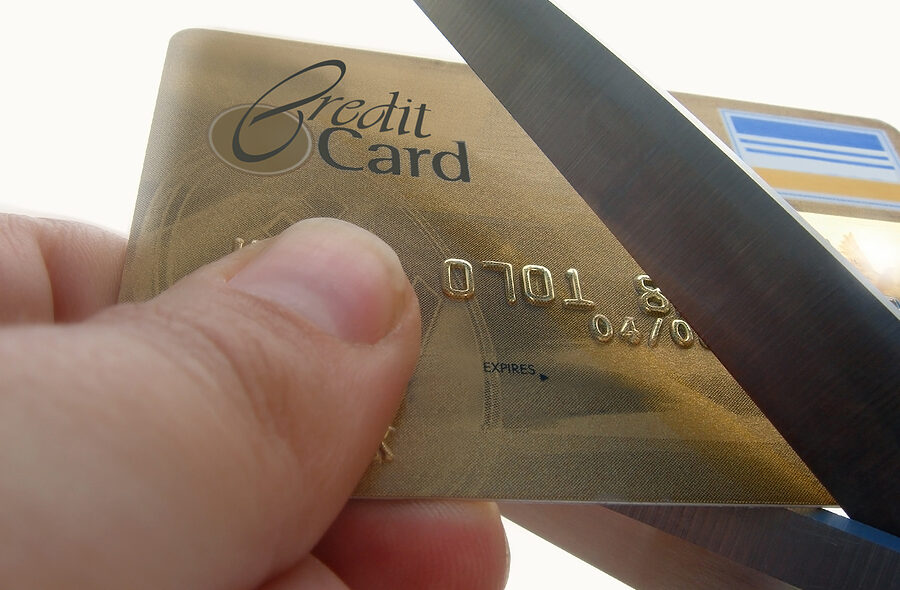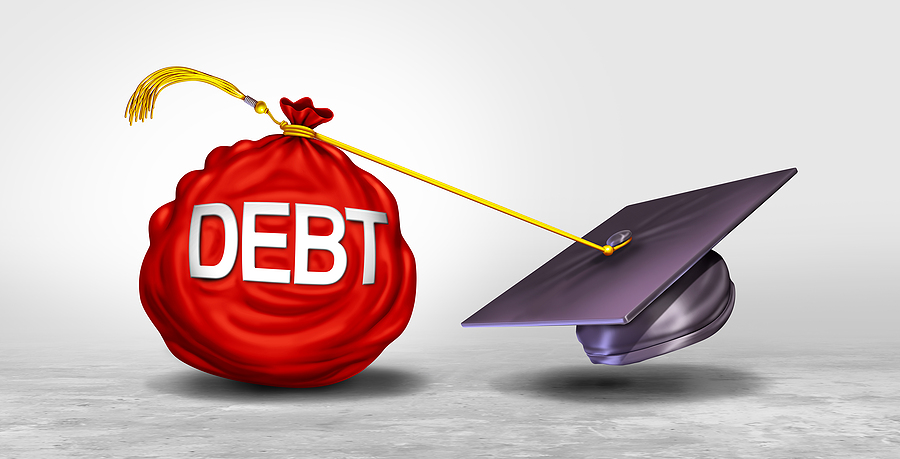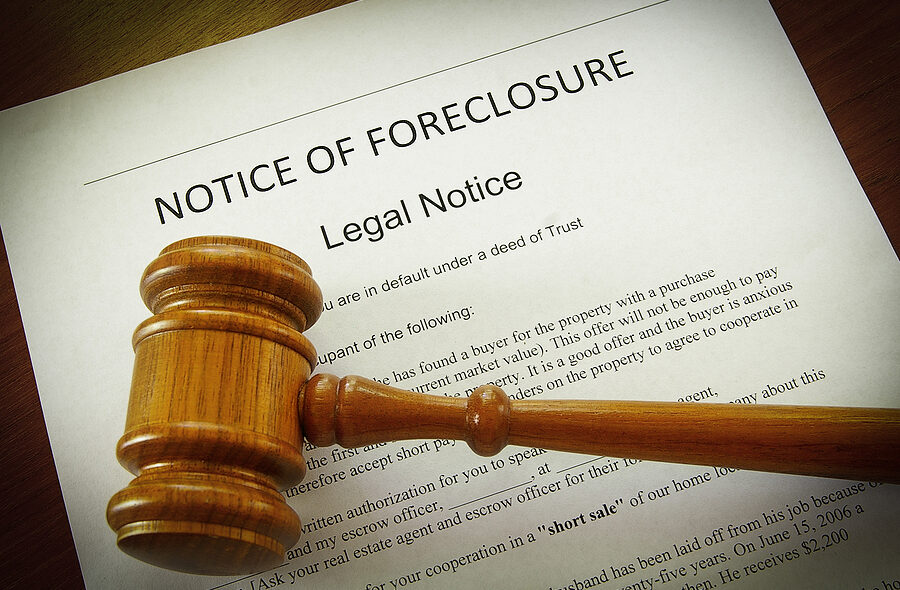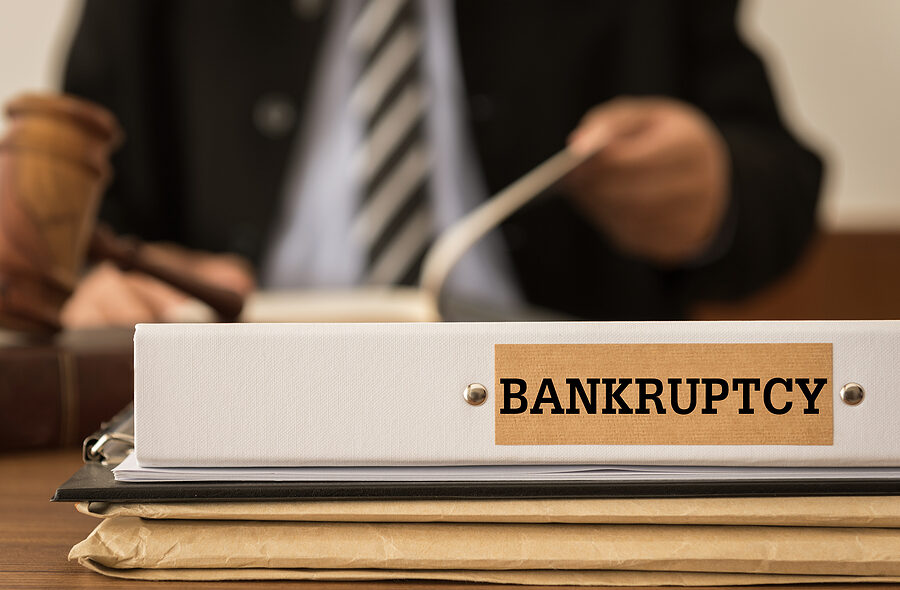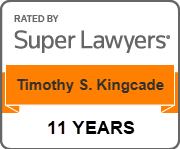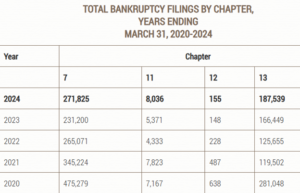Filing for Chapter 7 bankruptcy can clear most unsecured debts, but it may also require selling or giving up some assets to pay debts. A fair question and one many people have is: “Will I be able to keep my vehicle if I file for bankruptcy?”
The answer is yes. Most filers will be able to keep their vehicle after filing for bankruptcy. Florida bankruptcy laws offer generous exemptions which allow individuals to keep various types of property, including their vehicle. Vehicles are often exempt if they are necessary for you to maintain a job and household.
In a Chapter 7 bankruptcy, if your car is financed, you can surrender it by returning it to the lender. With that, the loan will be discharged in bankruptcy but will leave you without a car.
If you file Chapter 7 bankruptcy and are current on payments, you can keep the car if your equity is protected under state law. Under the Florida Motor Vehicle Exemption, bankruptcy filers can exempt up to $1,000 in motor vehicle equity. This amount can be even more if a married couple is filing for bankruptcy jointly. In cases where you are keeping a car with a loan on it, make sure you continue to stay current on your payments. The lender can still assert its lien rights if you get behind on payments and you could lose your car.
Secured Loans
It helps to understand the nature of a car loan as compared to other debt in a bankruptcy case. Since a car loan is attached to an asset, this debt is labeled as a secured debt, which means the asset can be used to pay off the amount owed if the consumer cannot continue paying. This debt is not liquidated in a Chapter 7 case if the consumer wishes to keep the car after everything is over. Therefore, the filer must file Form 108 at the start of the case, which is known as a statement of intention. This form tells the court whether the consumer wishes to reaffirm the car loan, redeem the car, or surrender it. This statement of intention must be filed within 30 days of the bankruptcy case being filed, or the car loan is not considered part of the bankruptcy proceeding.
Status of Vehicle
Determining the status of the filer’s vehicle is important before determining if he or she can keep the car. The status can be either the person owns it free and clear, he or she is leasing the car, or the person is still paying a loan on the car. If the filer is still making monthly payments on a loan, the lender holds the title to the car as collateral. Once the car loan is paid in full, the title then shifts to the vehicle owner. If, during the loan payments, the filer cannot keep up with payments, the lender will then take the car back, which is also known as repossession.
Being current on the car loan’s payments is key in both Chapter 7 and Chapter 13 in terms of the ability to keep the filer’s car. It makes it more likely that the filer will be able to continue paying on the car even after the bankruptcy case is over.
Value of the Car
The value of the vehicle is also important in how it is treated in bankruptcy. In a bankruptcy case, the value of the car is determined by the actual cash value of the vehicle. This value is usually the retail replacement value of the car. The car’s make and model, mileage, and condition determine the actual cash value of the car. Equity is important, as well, which is determined by subtracting what the filer owes on the car from its current value.
Bankruptcy Exemptions
Equity is key when it comes to determining the exemption that allows the filer to keep the car. Florida has one of the most generous bankruptcy exemptions in the country. To use Florida’s exemptions, the filer must have resided in Florida for at least 730 days before filing his or her bankruptcy petition. To claim the full value of the homestead exemption in Florida, the filer must have owned the property for at least 1,215 days before the bankruptcy filing. Under Florida bankruptcy exemptions, the filer can exempt up to $1,000 in motor vehicle equity or more if the person is married and filing for bankruptcy jointly.
Redeeming the Car
In a Chapter 7 case, the filer may be able to keep the car by redeeming its current replacement value. To do this, the filer pays to the lender what is owed on the car, minus the car’s current replacement value to own the car outright. Unfortunately, not many filers are able to do this since most do not have this kind of money available, which is why fewer than two percent (2%) of all filers redeem their car.
Reaffirmation Agreement
The filer can also keep the car by reaffirming the debt. This means he or she will agree to a new payment plan with the lender. To reaffirm the debt, the filer must submit Form 108, which is a statement of intent. Approximately two-thirds of all filers take this route.
Surrendering the Vehicle
If the filer cannot pay the debt in full or is not able to feasibly reaffirm the debt, he or she may surrender the car. Filers normally surrender their vehicles when they are significantly behind on payments. When a surrender happens, the lender gets the car back and the debt owed on it is forgiven. Unlike a repossession, the consumer is no longer liable for the deficiency balance owed on the car, which is what occurs in a repossession when the lender resells the car for less than what is still owed on it.
Chapter 13 Bankruptcy
The above options are normally the choices available to consumers in a Chapter 7 bankruptcy case. However, if the consumer wishes to keep his or her car, Chapter 13 bankruptcy is usually the best route for him or her. In a Chapter 13 case, the consumer works with the bankruptcy trustee to create a repayment plan that takes three to five years to complete where he or she pays down debts over the course of the case, liquidating whatever is left at the end of this period.
If the consumer has a lot of equity in the vehicle and if he or she can pay past due payments while remaining current on all other payments, it is likely he or she will be able to keep the car in a Chapter 13 case.
Many times, the bankruptcy court can also get the lender to reduce the interest rate on a vehicle loan under Chapter 13. This reduction will lower the person’s monthly payments and will make it easier for him or her to make payments.
Additionally, in a Chapter 13 case, if the consumer has owned the car for more than 910 days, which is roughly about two and a half years, the bankruptcy court can rule that the loan balance owed will be based on what the car is worth now as opposed to what the balance of the original loan is.
If you have questions on this topic or are in financial crisis and considering filing for bankruptcy, contact an experienced Miami bankruptcy attorney who can advise you of all of your options. As an experienced CPA as well as a proven bankruptcy lawyer, Timothy Kingcade knows how to help clients take full advantage of the bankruptcy laws to protect their assets and get successful results. Since 1996 Kingcade Garcia McMaken has been helping people from all walks of life build a better tomorrow. Our attorneys help thousands of people every year take advantage of their rights under bankruptcy protection to restart, rebuild and recover. The day you hire our firm, we will contact your creditors to stop the harassment. You can also find useful consumer information on the Kingcade Garcia McMaken website at www.miamibankruptcy.com.
Sources:
If I File Bankruptcy, Can I Keep My Car? (debt.org)
What Happens to My Car During Bankruptcy? – Experian


